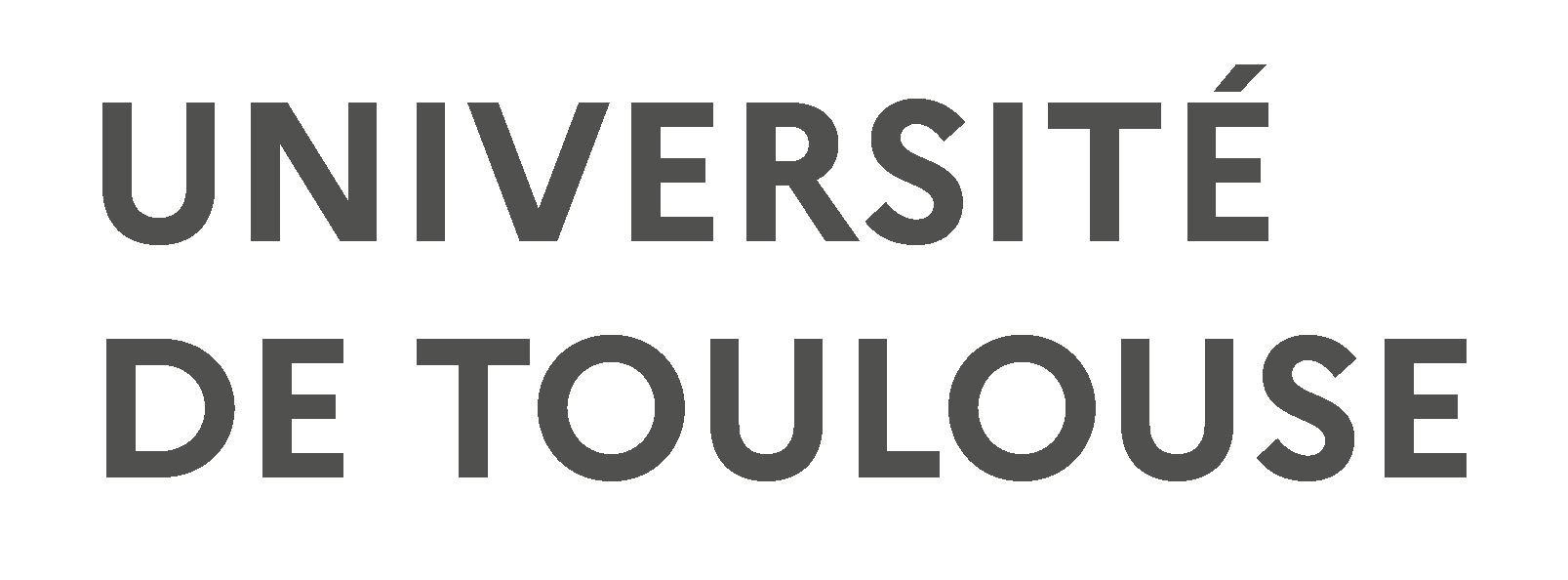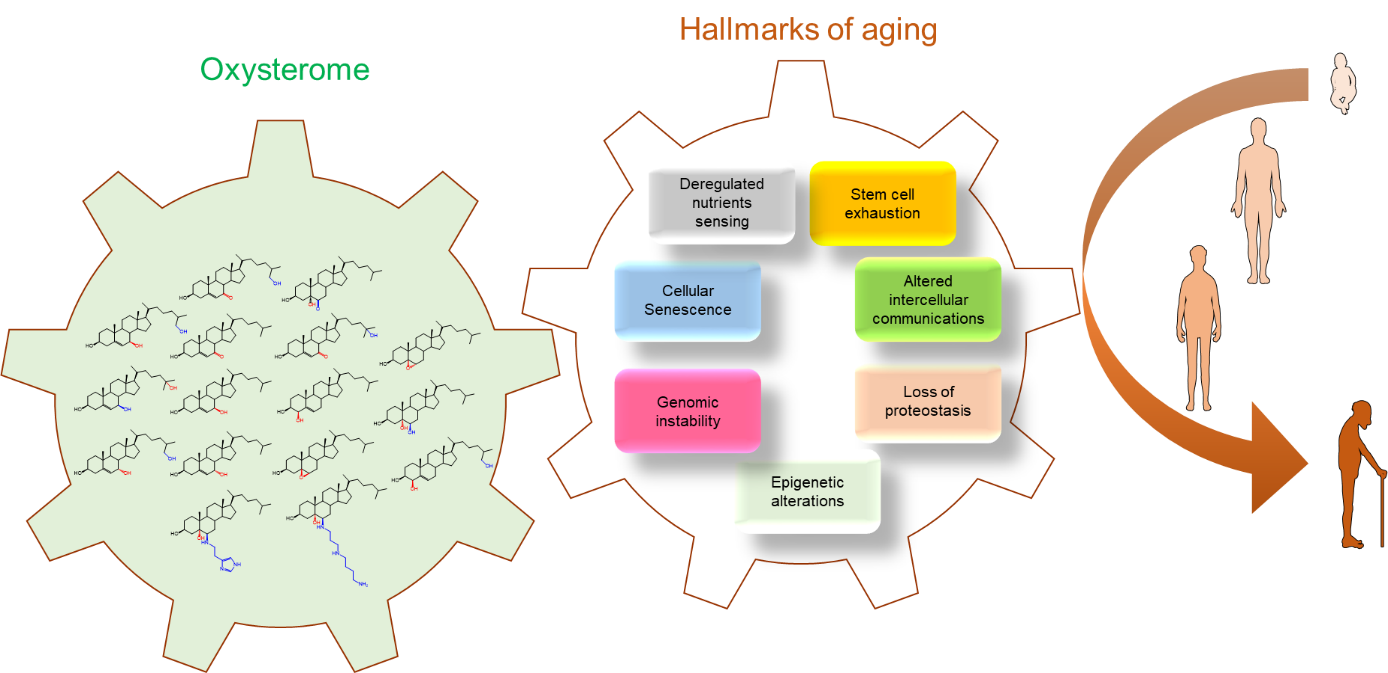Cholesterol is involved in ageing processes
Cholesterol
Metabolism
Degenerative diseases
Cancer
Oxysterome
Oncosterone
Dendrogenins
Marc Poirot – Team INOV : Cholesterol Metabolism and Therapeutic Innovations
Delaying and even reversing ageing is a major public health challenge with a tremendous potential to postpone a plethora of diseases including cancer, metabolic syndromes and neurodegenerative disorders. A better understanding of ageing as well as the development of innovative anti-ageing strategies are therefore an increasingly important field of research. Several biological processes including inflammation, proteostasis, epigenetic, oxidative stress, stem cell exhaustion, senescence and stress adaptive response have been reported for their key role in ageing. In this review, we describe the relationships that have been established between cholesterol homeostasis, in particular at the level of oxysterols, and ageing. Initially considered as harmful pro-inflammatory and cytotoxic metabolites, oxysterols are currently emerging as an expanding family of fine regulators of various biological processes involved in ageing. Indeed, depending of their chemical structure and their concentration, oxysterols exhibit deleterious or beneficial effects on inflammation, oxidative stress and cell survival. In addition, stem cell differentiation, epigenetics, cellular senescence and proteostasis are also modulated by oxysterols. Altogether, these data support the fact that ageing is influenced by an oxysterol profile. Further studies are thus required to explore more deeply the impact of the “oxysterome” on ageing and therefore this cholesterol metabolic pathway constitutes a promising target for future anti-ageing intervention
This work highlights the identification of new relevant biomarkers of aging-related metabolic deregulations and highlights promising targets for the development of anti-aging and preventive agents for aging-related diseases. This opens up prospects for new strategies to delay ageing and prevent associated diseases such as cancer and neurodegenerative diseases.
Discover the published article
Ageing Res Rev. 2022 Mar 26;77:101615.doi: 10.1016/j.arr.2022.101615. Online ahead of print.
Oxysterols are potential physiological regulators of ageing
Philippe de Medina, Sandrine Silvente-Poirot, Marc Poirot

Toulouse Cancer Research Center (Oncopole)
Toulouse – FR
Contact us
+33 5 82 74 15 75
Want to join
the CRCT team ?








